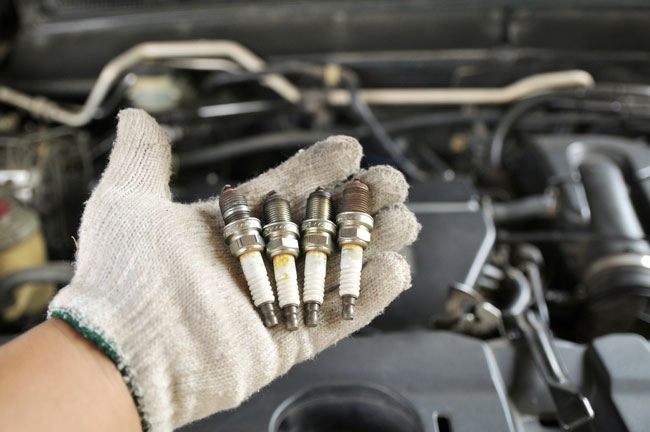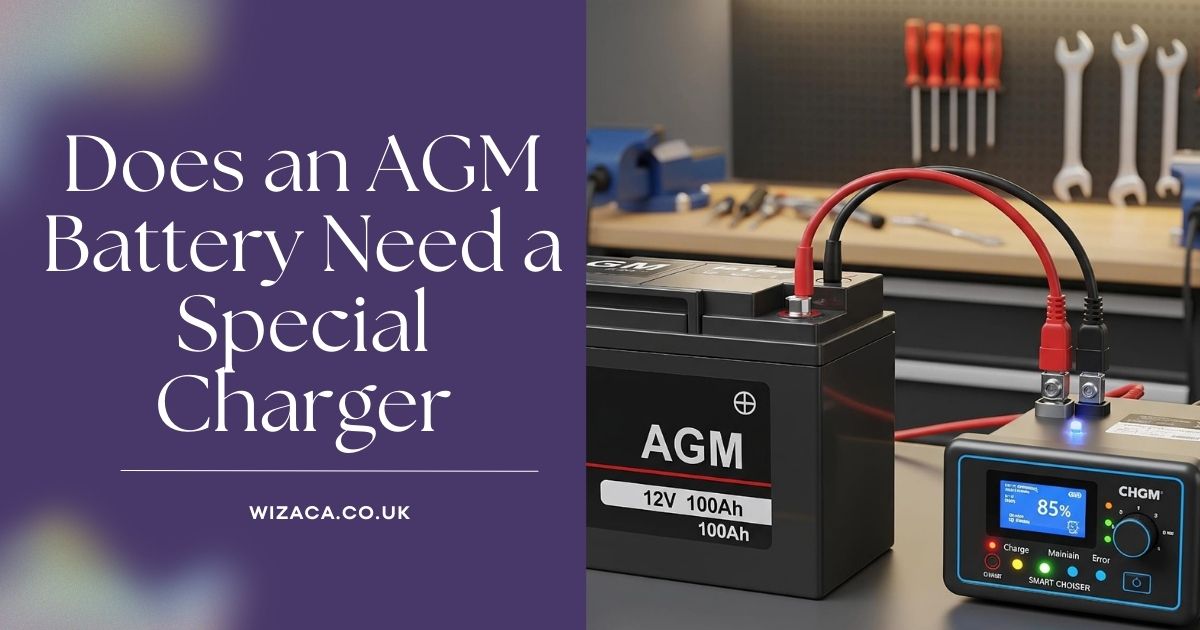No, a diesel engine does not have a spark plug. Unlike gasoline engines, diesel engines operate on a different combustion principle that doesn’t require spark plugs to ignite the air-fuel mixture. Instead, diesel engines rely on compression ignition, where air is compressed to such a high degree that it becomes hot enough to ignite the fuel without the need for a spark.
Let’s break down why diesel engines don’t use spark plugs, how they ignite fuel, and what components they use instead.
How Does a Diesel Engine Ignite Fuel?
Diesel engines use compression ignition instead of spark ignition. Here’s how it works:
- Air is drawn into the cylinder.
- The piston compresses the air to very high pressures and temperatures.
- At the right moment, diesel fuel is injected into the hot, compressed air.
- The heat of the compressed air ignites the fuel spontaneously, causing combustion.
This method of ignition eliminates the need for spark plugs because the heat generated by compression alone is enough to ignite the fuel.
Why Don’t Diesel Engines Use Spark Plugs?
1. Different Combustion Process
Gasoline engines mix air and fuel before compression and need a spark plug to ignite that mixture. Diesel engines, on the other hand, compress only air first, which gets hot enough to ignite fuel when it’s injected.
2. Higher Compression Ratios
Diesel engines operate at much higher compression ratios than gasoline engines (typically 14:1 to 25:1, compared to 8:1 to 12:1 in gasoline engines). The high compression generates enough heat to ignite the fuel without external ignition.
What Do Diesel Engines Use Instead of Spark Plugs?
While diesel engines don’t have spark plugs, they often use glow plugs, especially in cold weather.
What Are Glow Plugs?
- Glow plugs are heating devices that warm the air inside the combustion chamber.
- They help diesel engines start more easily in cold temperatures by raising the temperature of the air so the fuel ignites more reliably.
- Unlike spark plugs, glow plugs don’t create a spark. They just provide additional heat to aid in the combustion process during startup.
Once the engine is running and warm, glow plugs are no longer needed because the high compression and heat are enough for combustion.
Key Differences Between Spark Plugs and Glow Plugs
Are There Any Diesel Engines with Spark Plugs?
No, Traditional Diesel Engines Don’t Use Spark Plugs
However, some experimental or specialized engines combine aspects of diesel and gasoline technology, but these are rare and not standard diesel engines.
One example is HCCI (Homogeneous Charge Compression Ignition) technology, which blends features of diesel and gasoline engines. But even in these cases, traditional spark plugs are not typically used in the same way as they are in gasoline engines.
Why Do Some People Think Diesel Engines Have Spark Plugs?
There’s often confusion between spark plugs and glow plugs because they are both installed in the cylinder head and help with the ignition process. However, their functions are entirely different.
If someone refers to a diesel spark plug, they probably mean glow plug, but it’s important to understand they are not the same.
Do Glow Plugs Wear Out Like Spark Plugs?
Yes, glow plugs can wear out over time:
- They can fail due to prolonged exposure to heat and electrical use.
- If a glow plug stops working, it can make the engine hard to start, especially in cold weather.
Regular inspection and replacement when necessary keep the starting process smooth.
Conclusion
A diesel engine does not have spark plugs. Instead, it relies on compression ignition to ignite the fuel. Diesel engines may use glow plugs to help with cold starts, but these devices serve a completely different purpose. Understanding this difference helps explain why diesel engines are more fuel-efficient and designed to handle heavier workloads compared to gasoline engines.
FAQs
Do Diesel Engines Need Spark Plugs to Start?
No. Diesel engines rely on compression ignition, and they do not require spark plugs.
What Happens If a Glow Plug Fails?
The engine may be hard to start, especially in cold weather. However, once the engine is warm, it may run normally even with faulty glow plugs.
Why Do Gasoline Engines Need Spark Plugs?
Gasoline engines use spark plugs to ignite the fuel-air mixture because they don’t operate at high enough compression levels for self-ignition.
Can You Put Spark Plugs in a Diesel Engine?
No. Diesel engines aren’t designed to use spark plugs, and there’s no benefit or need to install them.
How Often Should Glow Plugs Be Replaced?
Glow plugs typically last 60,000 to 100,000 miles, but this can vary based on the vehicle and driving conditions.
Also Check:
• Does a Diesel Engine Have a Catalytic Converter?
• Does a CVT Transmission Have a Torque Converter?
• Does A 2WD Have A Transfer Case?











One thought on “Does a Diesel Engine Have a Spark Plug?”